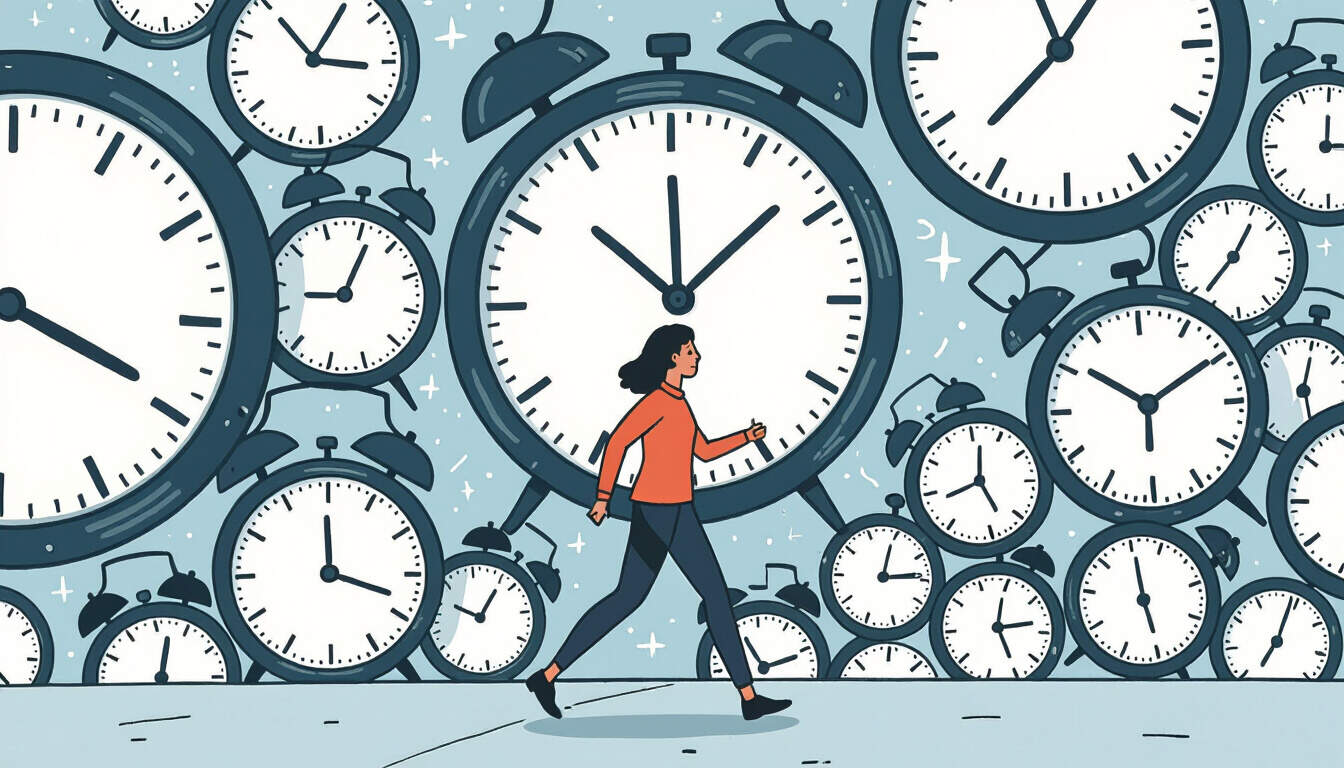Strategies for Overcoming Procrastination and Building a High-Agency Mindset
 by Verner Mayer
by Verner Mayer
Learn practical drills to break free from procrastination and foster a mindset of action. This guide offers step-by-step strategies for ambitious professionals seeking personal growth, helping you take control and achieve your goals with confidence.

Procrastination often stands as a barrier to progress, keeping many from reaching their full potential. To address this, focus on actionable steps that build a high-agency mindset, where individuals drive their own success.
Recognizing the Patterns
Procrastination shows up in daily routines, delaying tasks that matter most. It stems from habits like waiting for the perfect moment or avoiding discomfort. By spotting these patterns early, you can shift towards proactive behavior. For instance, procrastination might involve pushing back important work, but recognizing it allows for immediate change.
Start with a simple daily review. Each evening, list three tasks you avoided and why. This exercise reveals triggers and sets the stage for improvement. Through consistent practice, you'll develop the ability to act without hesitation.
Practical Drills for Immediate Action
One effective drill is the five-minute rule. When a task feels overwhelming, commit to just five minutes of work. This lowers the mental barrier and often leads to continued effort. Try it with routine chores or creative projects to see quick results.
Another approach involves timed sessions. Set a timer for 25 minutes of focused work followed by a short break. This method helps maintain momentum and reduces the urge to delay. By repeating this drill regularly, you train your mind to engage fully in the moment.
Incorporate physical movement into your routine. A short walk before starting a task can clear mental clutter and boost energy. This simple addition creates a positive loop, making it easier to tackle challenges head-on.
Building Strategies for Long-Term Change
To sustain progress, establish clear goals. Break larger objectives into smaller, achievable steps. For example, if you're working on a big project, outline the first phase and set a specific deadline. This strategy ensures steady advancement and minimizes opportunities for delay.
Accountability plays a key role. Share your goals with a trusted peer or use a journal to track progress. Regular check-ins provide motivation and highlight areas needing adjustment. Over time, this builds a sense of responsibility that reinforces a high-agency mindset.
Habit formation is essential. Choose one new habit each week, such as starting your day with a priority task. Reinforce it through repetition until it becomes automatic. These small wins compound, leading to significant personal development.
Overcoming Common Obstacles
Distractions often fuel procrastination, especially in a connected environment. Create a dedicated workspace free from interruptions. Use tools like app blockers during work periods to maintain focus and enhance productivity.
Self-doubt can also hinder action. Counter this by celebrating small victories. Each completed task, no matter how minor, deserves recognition. This practice shifts your internal dialogue towards empowerment, encouraging more decisive steps.
When fatigue sets in, prioritize rest. A well-rested mind performs better, reducing the temptation to postpone efforts. Balance is key to maintaining long-term drive and achieving consistent results.
Real-Life Applications
Apply these strategies in professional settings. For instance, if deadlines loom, use the five-minute rule to begin preparations. This approach has helped many turn potential setbacks into successes, fostering career growth.
In personal life, tackle household tasks with timed sessions. You'll find that routine activities become less burdensome, freeing up time for pursuits that align with your ambitions. These applications demonstrate how a high-agency mindset translates into everyday wins.
Integrating Mindset Shifts
A high-agency mindset involves viewing challenges as opportunities. Reframe setbacks as learning experiences rather than failures. This perspective encourages resilience and proactive problem-solving.
Practice affirmations that promote action. Phrases like "I choose to act now" can rewire thinking patterns. Combine this with visualization exercises, picturing yourself completing goals with ease. Over time, these shifts solidify habits that combat procrastination.
Final Steps to Empowerment
To wrap up, implement these drills and strategies consistently. Track your progress over weeks and adjust as needed. The path to overcoming procrastination leads to greater control and fulfillment. By embracing this mindset, you position yourself for ongoing success and self-improvement.
Remember, change starts with one decision. Take that first step today and watch your capabilities grow.
